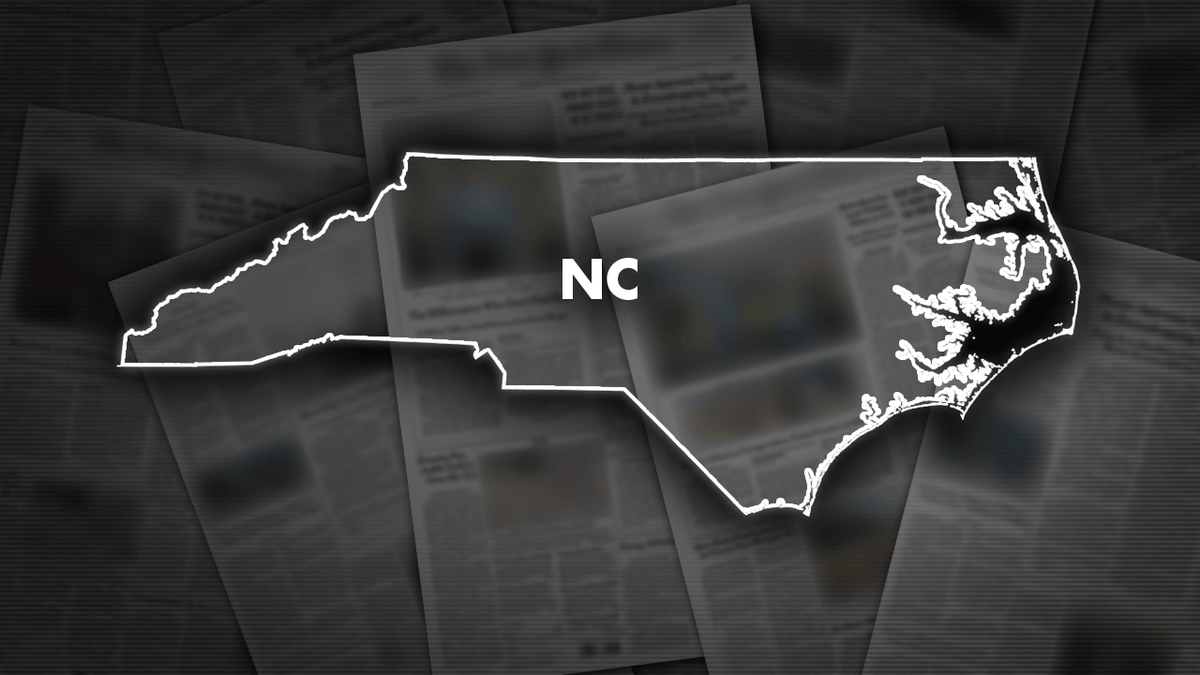Fox News Flash top headlines for September 27
Fox News Flash top headlines are here. Check out what's clicking on Foxnews.com.
The head of a national political action committee working to elect women who support abortion rights visited North Carolina on Tuesday, joining candidates she says must win this fall to block Republican attempts to enact more restrictions.
Democratic Gov. Roy Cooper also stood beside EMILY's List President Laphonza Butler while warning the ability of women to control reproductive health choices at current standards will depend on General Assembly races.
"I have seen in states across this country abortion under attack," Butler said at a news conference outside state Democratic Party headquarters. "That’s why here in North Carolina, we know that these legislative races ... are all difference makers in protecting abortion rights and protecting essential health care options for all women in this great state."
Republicans could earn veto-proof majorities if they win two more Senate seats and three more House seats, making it difficult for Cooper to derail abortion legislation with his veto stamp.
The GOP-controlled legislature hasn't overridden any of Cooper's nearly 50 vetoes since Democratic seat gains during the 2018 election took effect.
US APPEALS COURT RULES NORTH CAROLINA'S 20-WEEK ABORTION BAN IS UNCONSTITUTIONAL
"In North Carolina, women still have reproductive freedom," Cooper said. "And as governor, I aim to keep it that way. But I cannot do it alone."
EMILY’s List endorses federal, state and local candidates. It's Women Vote! super PAC just wrapped up airing $2.7 million in commercials supporting Democratic U.S. Senate candidate Cheri Beasley, citing her abortion-rights stance. Butler and Beasley visited North Carolina Central University in Durham and N.C. State University in Raleigh later Tuesday to discuss the issue with students.

North Carolina was visited by an abortion-rights leader whose goal is to help elect candidates she believes must win this fall to block lawmakers' attempts at enacting more restrictions.
Republican legislative leaders have expressed interest in passing further abortion restrictions next year in light of June's U.S. Supreme Court decision that struck down Roe v. Wade.
NORTH CAROLINA PREGNANCY CENTER DEFIANT AFTER PRO-ABORTION VANDALISM: 'SPIRITUAL WARFARE'
In light of that decision, a federal judge last month reinstated a 1973 North Carolina law prohibiting abortions after 20 weeks that had been blocked in 2019. State law does allow some exceptions, such as during medical emergencies that threaten the mother's life.
While no consensus has been reached among Republicans about what additional restrictions they would consider, Senate leader Phil Berger has said he would prefer restrictions on abortion after roughly the first three months of pregnancy. House Speaker Tim Moore would personally prefer banning abortions once an ultrasound first detects cardiac activity — typically around six weeks after fertilization.
"We believe that medical decisions and bodily autonomy of every woman in North Carolina should be in their hands — not Phil Berger's and not Tim Moore’s," said Democratic state Sen. Sydney Batch of Wake County, who is seeking victory in a swing district.
The director of the House Republican Caucus declined comment Tuesday. An email sent to his Senate Republican counterpart also seeking a response to the news conference was not immediately returned. State Republicans have downplayed abortion in the fall campaign, seeking instead to emphasize issues such as the economy, taxes and law enforcement.
Lillian's List, a nonprofit which works to get women elected in North Carolina, has endorsed 25 legislative candidates. And its political action committee and members have contributed more than $150,000 to campaigns, group Executive Director Sarah Preston said.
NORTH CAROLINA JUDGE UPHOLDS STATE’S BAN ON ABORTIONS AFTER 20 WEEKS
Forty-three of the legislature's 170 members — 29 Democrats and 14 Republicans are women. Preston said she's hopeful that the recent uptick on voter registration among women following the U.S. Supreme Court decision will result in more progressive women getting elected.


